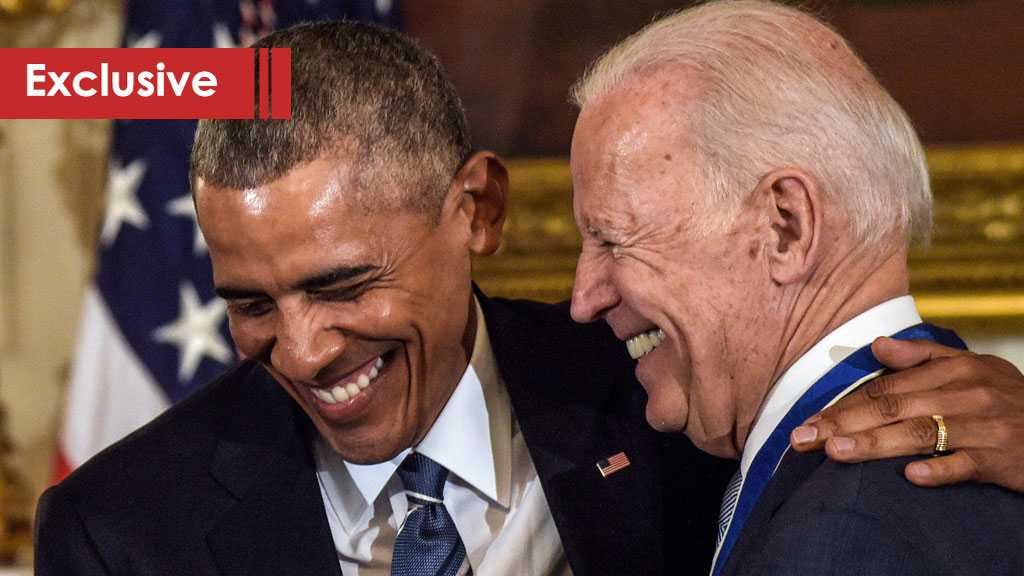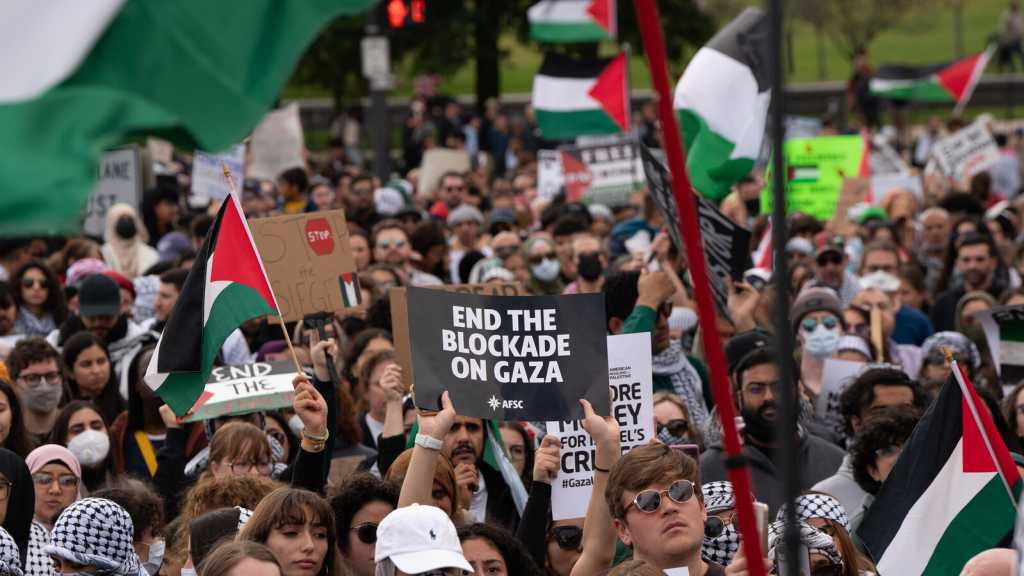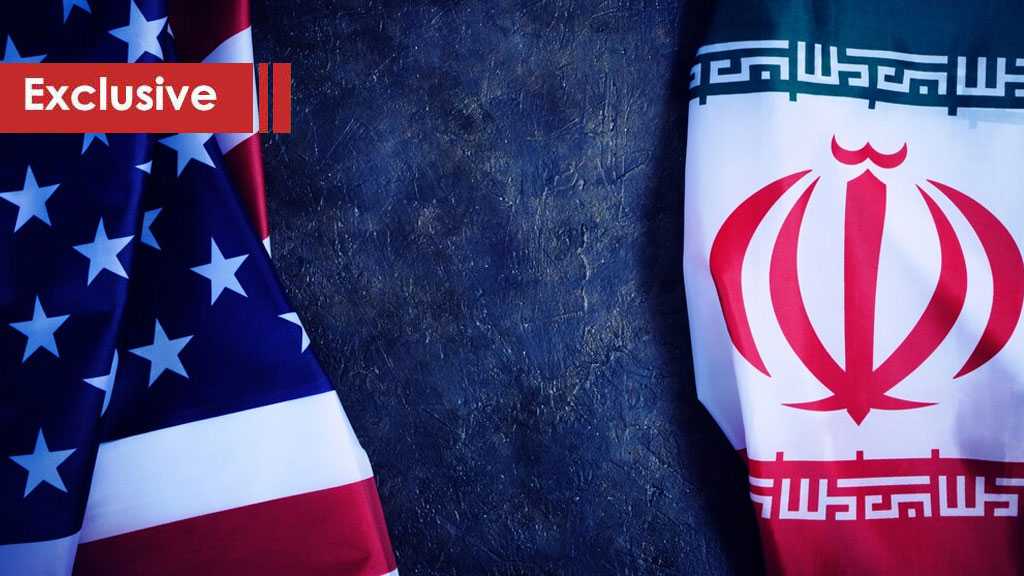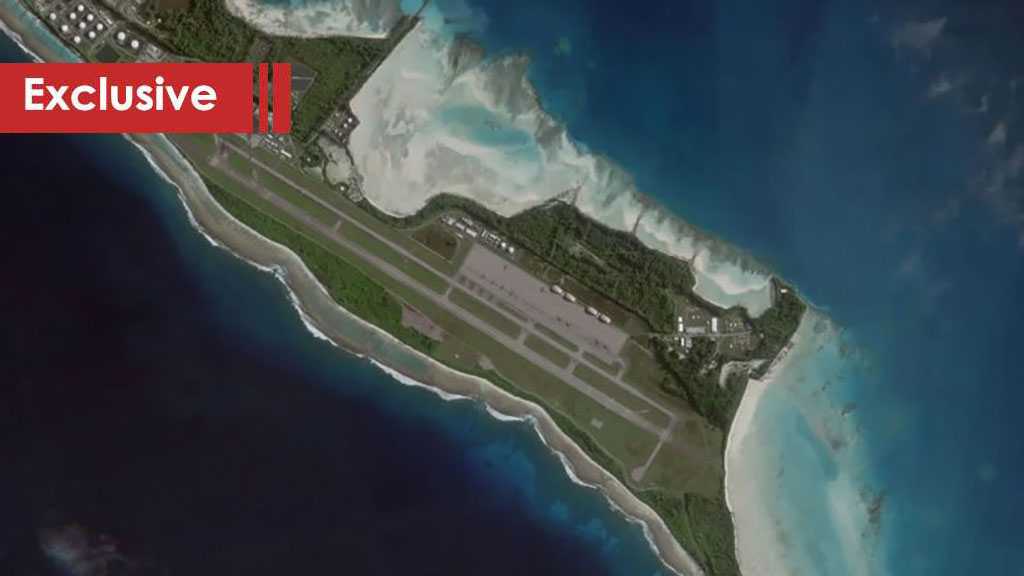Biden: Another Obama but White with a “Tighten-loosen” Strategy

By Elham Hashemi
Those who expect that the new US president Joe Biden will provide a totally new approach to the Middle East are wrong.
The words of Michele Dunne, Director of the Middle East Program at the U.S. based Carnegie Endowment for International Peace sum it up: “He will try to project an image of fairness and balance.” That is not new when it comes to US policies; it is all about “relative rights”, creating a main stream narrative and keeping a balance between friendly and coercive diplomacy.
At his Senate confirmation hearing on Tuesday, Biden’s choice for secretary of state, Antony Blinken, signaled that countering Iran would be central to Biden’s Middle East agenda. But Blinken said the United States was “a long way” from rejoining the 2015 pact with Iran which the United States quit under Trump. This signals that the Biden administration will probably try, only through more friendly diplomacy at times, to impose its hegemony over the Middle East and continue its meddling in the internal affairs of other independent states.
A recent example on Biden’s approach is reflected in an article in the foundation for 'defense' of democracies published on 22 January 2021 touching on the Biden policies towards Yemen’s Ansarullah, foreign policy of any US government will have the same goals, and only means will vary.
It reads “the Biden administration can use this moment to better calibrate its sanctions policies while addressing divergent domestic concerns. The new administration can broaden general licenses permitting humanitarian assistance to Yemen, while also cracking down on the Ansarullah’s malign activities.”
Mainstream media deliberately fails to point out to the fact that Saudi Arabia and a number of its regional allies launched the devastating war on Yemen in March 2015 in order to suppress a popular uprising that had toppled a Riyadh-friendly regime and that the Ansarullah are part of the popular uprising.
Using an equation of balance that betters its image in the eyes of the international community, creating a better “narrative” on the US and its role in democracy and defending the relative human rights, it seems clear that Biden intends to tighten on one hand and then loosen on the other. Provide more humanitarian aid but intensify the war on Ansarullah.
This “loosen-tighten” policy based on balance between friendly and coercive diplomacy, seems to be also quickly implemented in terms of US domestic and international affairs.
A large part of Biden’s Day 1 agenda involved reversing some of the major foreign policy and national security decisions introduced by the Trump administration. His moves include reversing US withdrawals from the Paris Agreement and the World Health Organization, and stop construction of a border wall. Several of his executive moves were also focused on grappling with the impact of the coronavirus pandemic on the economy and the country’s healthcare infrastructure.
In fact, his policies on domestic affairs, if not disrupted by any extremist movements inside the US will boost his performance on international affairs.
The Biden administration also scrapped Trump's travel ban on several Middle East, Central Asian and African countries, most of them with majority Muslim populations, that the outgoing president had deemed terrorist threats.
However, it is expected that he will pursue sanctions on resistance movements like Hezbollah in Lebanon. Biden, is after all a supporter of the apartheid 'Israeli' regime.
He is just another Obama only in white skin, and seemingly smarter, with a better chance to achieve success and achieve popularity even among African Americans.




